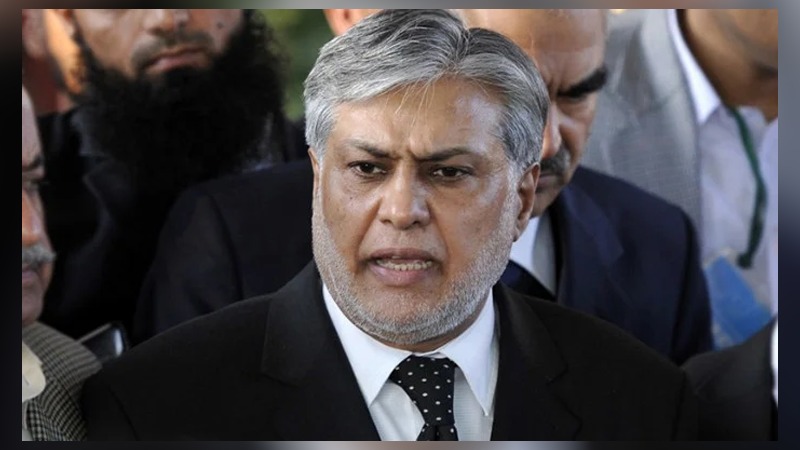In light of the escalating protests in Bangladesh, Foreign Minister Ishaq Dar has directed Pakistan’s High Commissioner in Dhaka, Syed Maroof, to prioritise the safety of Pakistani students. The protests, which began over quotas for government jobs, have resulted in six student deaths and widespread unrest.
The situation has led the Bangladeshi government to close schools indefinitely and deploy paramilitary forces to maintain order. These protests mark a significant challenge to Prime Minister Sheikh Hasina’s administration since her re-election in January, a vote boycotted by the opposition Bangladesh Nationalist Party (BNP).
Experts link the unrest to the sluggish job growth in Bangladesh’s private sector, making government positions—known for regular wage increases and other benefits—highly sought after. Currently, 56 per cent of government jobs in Bangladesh are reserved for specific groups, including women, people from underdeveloped districts, indigenous communities, and individuals with disabilities.
In response to the turmoil, Dar, who also serves as the deputy premier, contacted High Commissioner Maroof early Wednesday to assess the well-being of Pakistani students in Dhaka and other parts of Bangladesh. He instructed Maroof to coordinate closely with local authorities to ensure their safety.
High Commissioner Maroof provided a briefing on the security measures implemented by the High Commission to protect Pakistani nationals. A dedicated helpline has been activated to support those in distress. Additionally, the Pakistan High Commission has advised students to remain within their campus hostels and avoid participating in the protests to ensure their safety.
The Pakistani government remains vigilant and committed to the welfare of its citizens abroad, especially in times of crisis, underscoring the importance of diplomatic efforts in safeguarding their well-being.
